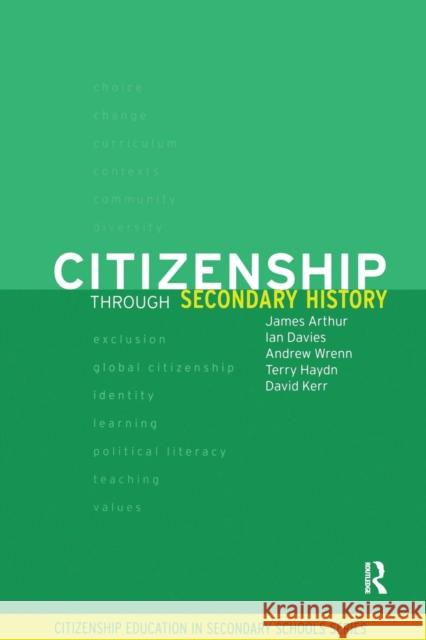Citizenship Through Secondary History » książka
topmenu
Citizenship Through Secondary History
ISBN-13: 9780415240017 / Angielski / Miękka / 2001 / 206 str.
Citizenship Through Secondary History
ISBN-13: 9780415240017 / Angielski / Miękka / 2001 / 206 str.
cena 186,06
(netto: 177,20 VAT: 5%)
Najniższa cena z 30 dni: 183,79
(netto: 177,20 VAT: 5%)
Najniższa cena z 30 dni: 183,79
Termin realizacji zamówienia:
ok. 16-18 dni roboczych.
ok. 16-18 dni roboczych.
Darmowa dostawa!
Citizenship through Secondary History reveals the potential of history to engage with citizenship education and includes:
- a review of the links between citizenship education and the teaching and learning of history
- an analysis of how citizenship education is characterised, raising key issues about what could and should be achieved
- a critique of the discipline and the pitfalls to avoid in teaching citizenship through history
- case studies offering practical teaching suggestions.











